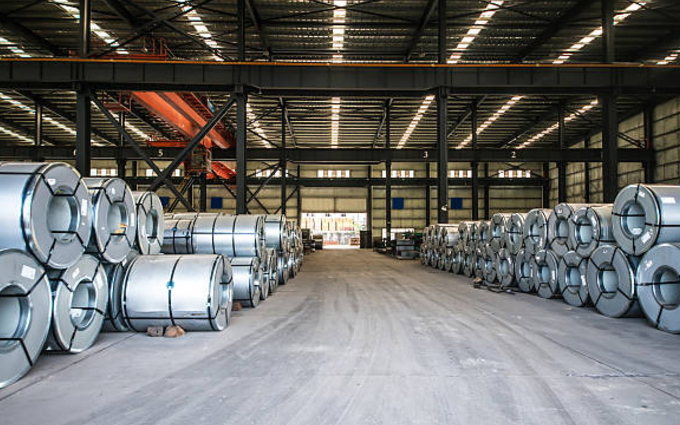
Posted on Tuesday, October 3, 2023
Importing steel coil into Algeria can be a complex process, involving various regulations, costs, and logistical considerations. This guide provides comprehensive information to help you navigate the process smoothly, including details on tariffs, delivery procedures, key factors to consider in choosing steel coil, and frequently asked questions.
Q: How long does it take to import steel coil into Algeria? A: Shipping times vary based on the country of origin. Typically, sea freight from Europe takes 1-2 weeks, while shipments from Asia may take 4-6 weeks.
Q: Are there restrictions on the types of steel coil I can import? A: Yes, some steel types may face higher tariffs or additional compliance requirements. Check with Algerian customs authorities for specifics.
Q: Can I get tax exemptions for importing steel coil? A: Tax exemptions may be available for imports used in certain industries or special projects. Consult with Algerian trade authorities for details.
Q: How can I ensure the steel coil quality meets my standards? A: Request a pre-shipment inspection and quality certificates from the supplier.
Importing steel coil into Algeria requires careful planning and adherence to regulations. By understanding the costs, tariffs, and quality considerations, you can make informed decisions that streamline the process. Ensure you collaborate with reliable suppliers and customs brokers to avoid delays or additional costs.
For further assistance, reach out to local trade experts or Algerian customs authorities.

Used Purlin Roll Forming Machines for Sale Worldwide
Posted on Sunday, January 25, 2026
Pre-Owned Roll Forming Machines for Purlin & Structural Steel Profiles

Used Roof Panel Roll Forming Machines for Sale Worldwide
Posted on Sunday, January 25, 2026
Pre-Owned Roll Forming Machines for Roofing Panel Production

Used Roll Forming Machines for Sale Worldwide
Posted on Tuesday, January 20, 2026
Pre-Owned Roll Forming Machines with Inspection, Verification & Global Support

Steel Coil Supply for Roll Forming Machines Worldwide
Posted on Tuesday, January 20, 2026
Reliable Steel Coil Supply for Roll Forming, Fabrication & Manufacturing Applications
Copyright 2026 © Machine Matcher.